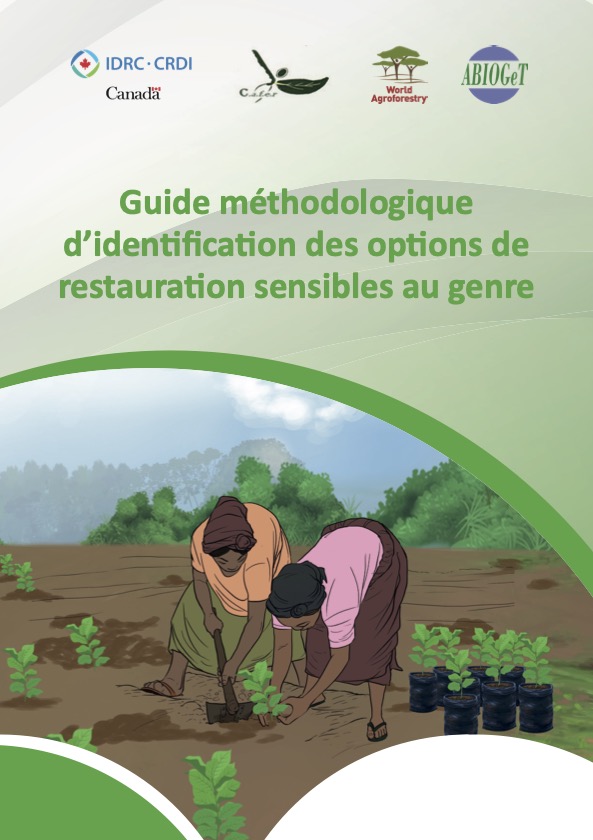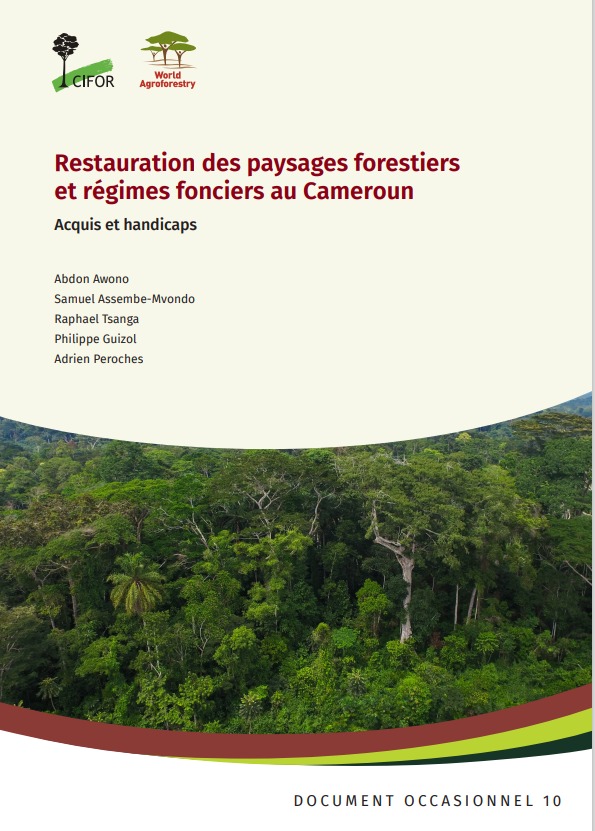Focal point
Location
The Center for International Forestry Research (CIFOR) is a non-profit, scientific facility that conducts research on the most pressing challenges of forest and landscapes management around the world. With our global, multidisciplinary approach, we aim to improve human well-being, protect the environment, and increase equity. To do so, we help policymakers, practitioners and communities make decisions based on solid science about how they use and manage their forests and landscapes.
Capacity building, collaboration and partnerships are essential to finding and implementing innovative solutions to the challenges that the globe faces. We are proud to work with local and international partners. We are a member of the CGIAR Consortium and lead the CGIAR Research Program on Forests, Trees and Agroforestry.
Our headquarters are in Bogor, Indonesia. We have offices in 8 countries across Asia, Latin America and Africa, and we work in more than 30 countries. Contact us for more information.
Resources
Displaying 1 - 5 of 808L’approche Niches d’Innovation dans le projet ReSI-NoC
Au Nord Cameroun, plusieurs projets se sont succédés au fil du temps et ont promu des innovations techniques et technologiques contribuant au développement durable des systèmes agrosylvopastoraux. En parallèle, on constate régulièrement d’une part la duplicité des actions par les promoteurs de projet, et d’autre part le ralentissement ou l’arrêt des activités après la fin des projets.
Guide méthodologique d’identification des options de restauration sensibles au genre
Ce document a été élaboré dans le cadre du Projet de « Restauration des Terres pour l’Autonomisation post- COVID-19 des Femmes rurales et autochtones et la Réduction de la Pauvreté au Cameroun » (LRIWEP) financé par le Centre de Recherches pour le Développement International (CRDI) du Canada avec l’appui technique de World Agroforestry (ICRAF), Centre d’Appui aux Femmes Et Ruraux (CAFER), Actions pour la Biodiversité et Gestion des Terroirs (ABIOGeT) et Rainforest Alliance, à travers un processus participatif multi-acteurs dans les Communes de Ngambé-Tikar (Centre), Pitoa (Nord) et Nkong-Ze
Restauration des paysages forestiers et régimes fonciers au Cameroun : Acquis et handicaps
Ce papier constitue une synthèse des acquis et des handicaps de la restauration des paysages forestiers et régimes fonciers au Cameroun. Il présente par ailleurs les engagements du Cameroun pour ralentir la déforestation et la dégradation de ses écosystèmes forestiers à travers la stratégie nationale de restauration des paysages forestiers, en lien avec les initiatives du Défi de Bonn, de l’AFR100 et de la Grande Muraille Verte.
Analyse des archétypes des politiques et mesures forestières: Vers une nouvelle typologie
Les décideurs ont accès à une panoplie, vaste et de plus en plus fournie, de politiques et de mesures qui peuvent, en théorie, contribuer à réduire la déforestation et la dégradation des forêts. Des théories intermédiaires peuvent être formulées pour résumer les conditions dans lesquelles ces politiques et mesures forestières sont efficaces pour mettre fin à la déforestation et à la dégradation des forêts.
Guide pratique de la pisciculture et de la rizipisciculture
À Madagascar, le Programme de Gestion durable de la faune sauvage (ou Sustainable Wildlife Management «SWM» Programme) est mis en œuvre autour du Parc Naturel Makira pour promouvoir la conservation de la biodiversité et améliorer les conditions de vie des populations.







